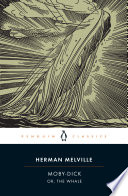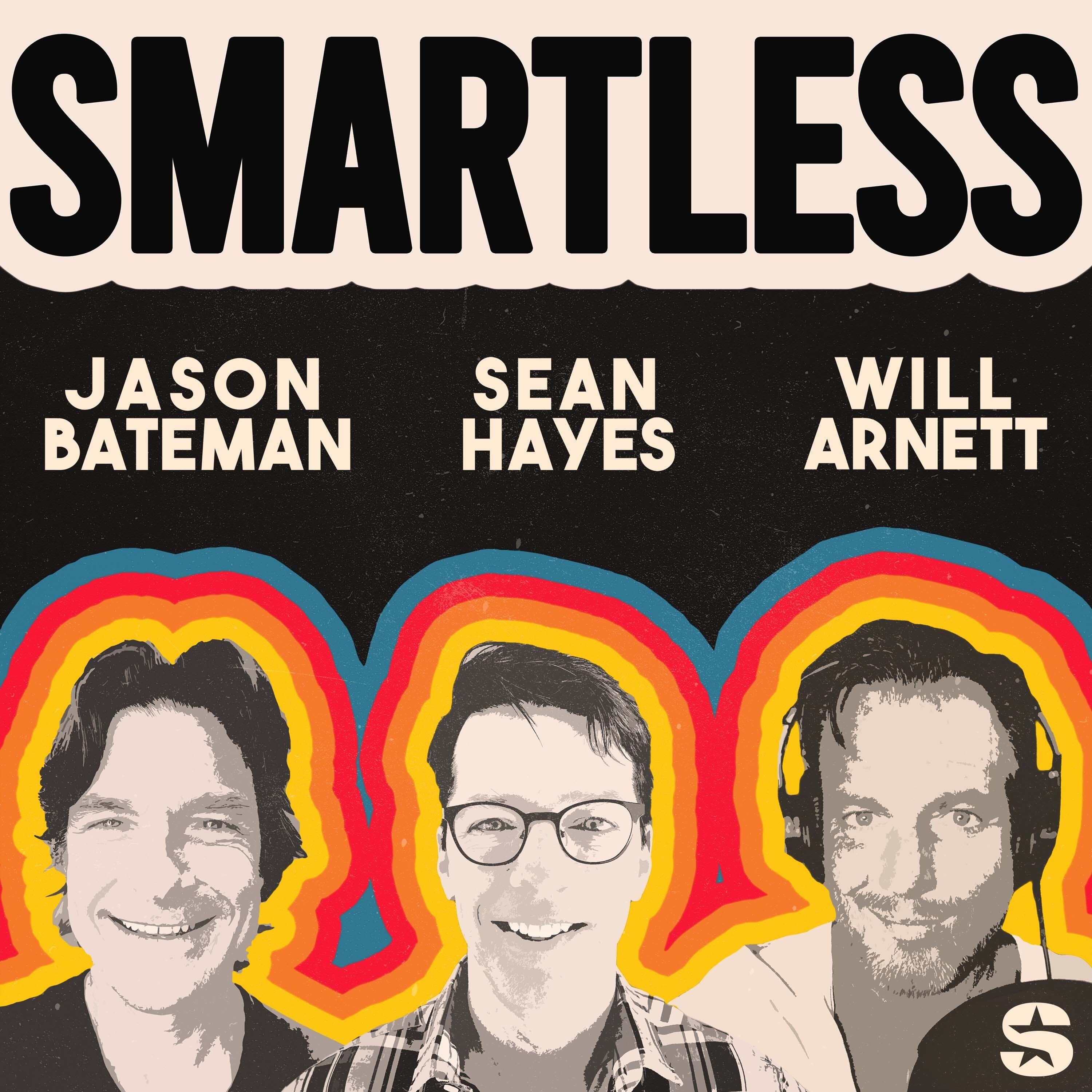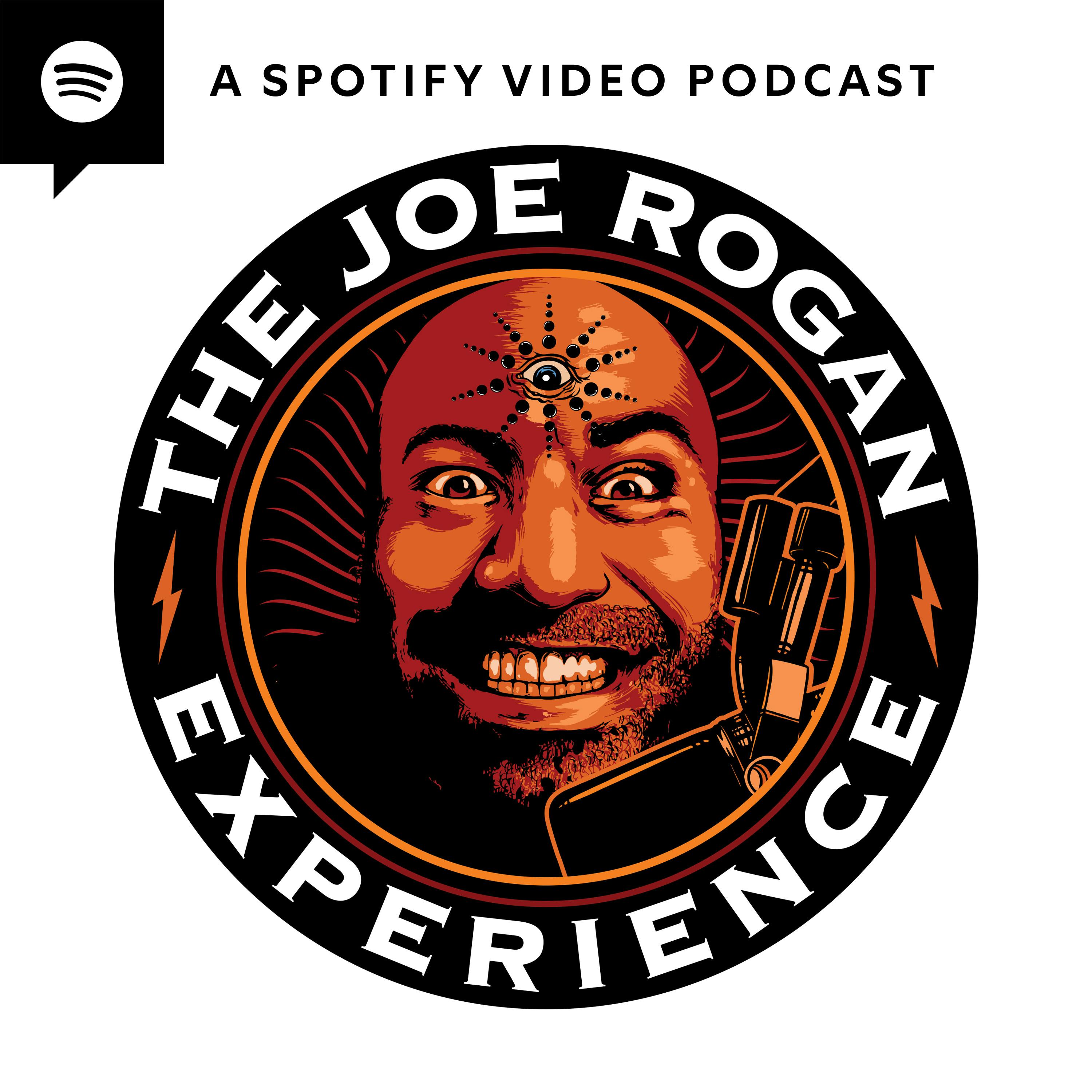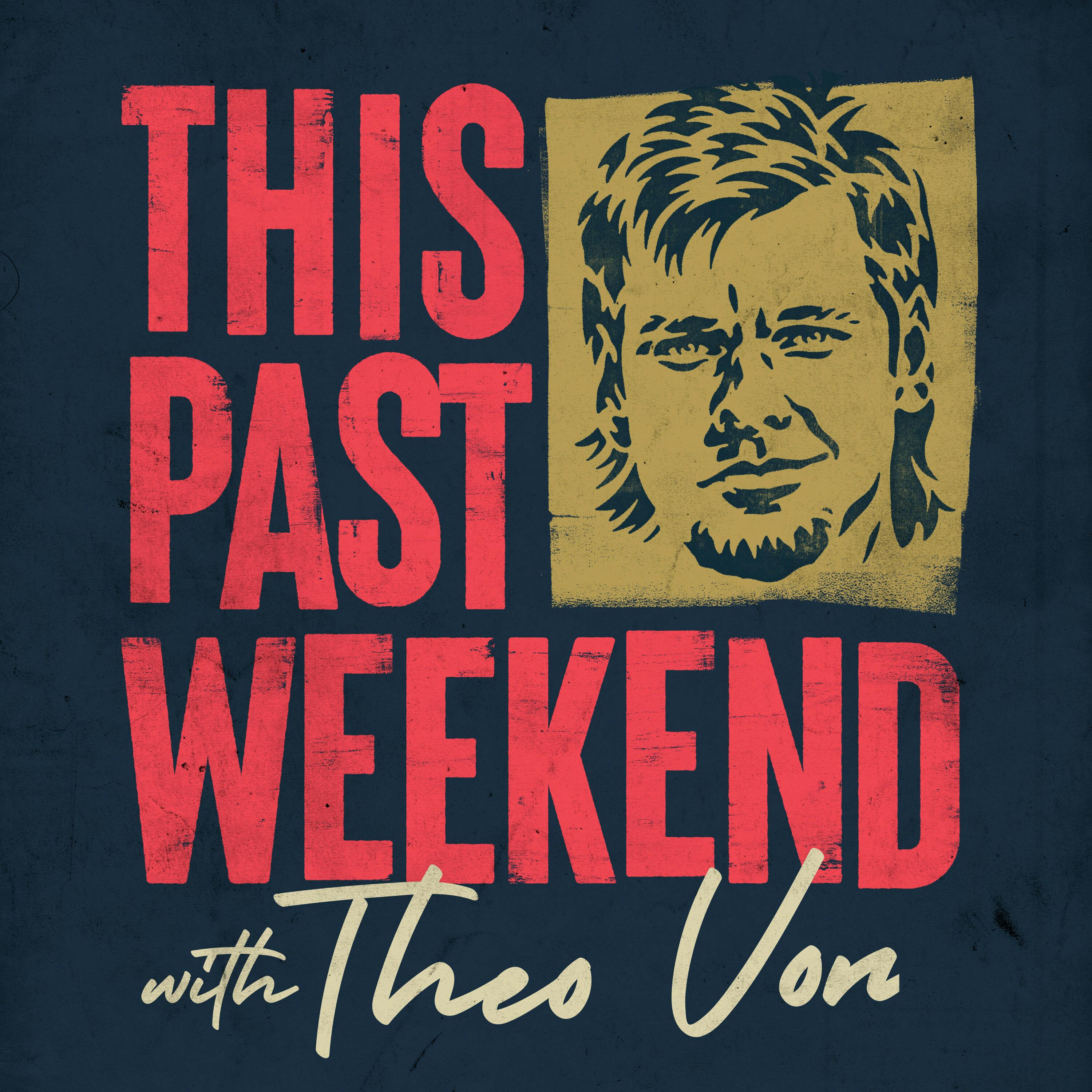Podcasts that mention 📚 Moby-Dick by Herman Melville

Moby-Dick
Mentioned 3 times in 3 episodes across 3 podcasts.
Podcasts that mention Moby-Dick by Herman Melville

SmartLess episodes that mention Moby-Dick by Herman Melville
Episode: Bill Maher on Real Time aging & explains how to read, bottle service and bachelor life | SmartLess
Published on April 26, 2022
Um, but as far as keeping up, you know, it is a bit of what's a challenge nowadays is to read anything where you think, oh, okay, that's the full story!
In this segment, Bill Maher, the guest on the episode, highlights the difficulty of finding a definitive truth in today's media landscape. He emphasizes the necessity of consulting multiple sources to grasp the complete narrative, and in the course of his discussion, he references 'Moby Dick', which is often invoked in discussions about seeking deeper understanding.

The Joe Rogan Experience episodes that mention Moby-Dick by Herman Melville
Episode: Joe Rogan Experience #1021 - Russell Brand
Published on October 6, 2017
and at this great quote in Herman Melville's moby-dick that says you know Noah's Flood is still happening we are the majority of the earth is still flooded in water these we are connected to these events
Russell Brand quotes Herman Melville's book Moby-Dick to illustrate a point about humanity's connection to natural events and chaos.

This Past Weekend w/ Theo Von episodes that mention Moby-Dick by Herman Melville
Episode: First Time for Everything | This Past Weekend w/ Theo Von #205
Published on June 10, 2019
Did you go read moby-dick See how many mahi-mahi they got in that sucker zilch ezel Chi brah go
The host mentions reading Moby Dick while discussing the appearance of new fish types on restaurant menus, implying these fish aren't found in classic literature about the sea.
If you’d like to explore more in Moby-Dick, you can purchase it here:
